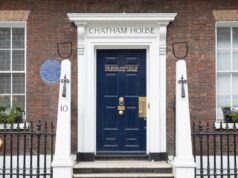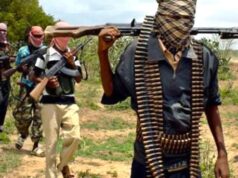A curious picture of pride, optimism, despair and frustration emerges as the country’s creatives consider their homeland
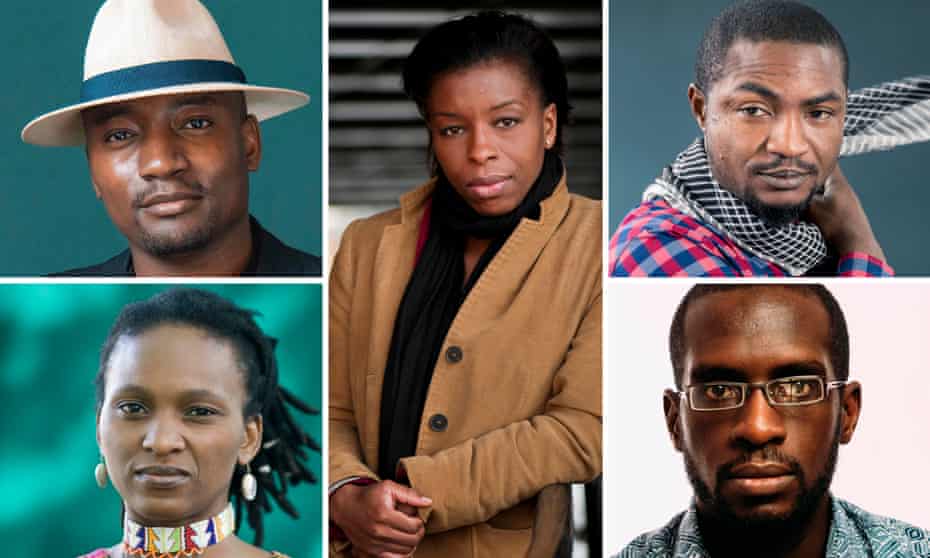
Abubakar Adam Ibrahim
Author and journalist
When the train travelling from Abuja to Kaduna rolled into the station at Jere that Thursday morning, none of the passengers were sure if it was because the faulty engine had broken down again. When the train refused to move nearly an hour later, everyone was almost certain it was the engine. Until another train travelling the opposite route rumbled by, pockmarked with holes and impact damage. The rumours followed, jumping from coach to coach on the lips of flitting characters who passed through, talking loudly enough for everyone else to hear.
There had been an attack on the other train. Guns, some said. A bomb on the tracks, others said. From the officials, only silence. I and some writers were travelling to the first Hausa international book and arts festival in Kaduna. None of us dared to go by road. The roads belong to the bandits who kidnap people for ransom. The 200km (120-mile) stretch of highway linking Nigeria’s political capital, Abuja, to Kaduna, its military capital, has been unsafe for travellers for years.
Hours passed. The heat rose. So did our anxiety and fears, rising until it was almost nauseating. Are we sitting ducks here, some wondered? Will the bandits come and herd us into the forest at gunpoint, demand ransom for those of us who would survive, or just shoot up the train as they have done to farmers and villagers in Sokoto, and Kebbi, and Katsina and those other places?
While some passengers prayed, others jumped off and disappeared through the browning waist-length wilderness, heading into Jere town to find cars that would take them far from this place. But if the bandits had blown up the tracks, wasn’t it because they wanted to harvest the road?
As with any gathering of Nigerians, people debated politics and food prices, which have gone up by as much as 500% in some instances. Also like a gathering of Nigerians, we laughed at ourselves, for being frightened, stranded and helpless. Laughter makes the things anger cannot condone tolerable. Here, laughter is our saviour and our bane.
But fear pervades everywhere now. People are taken even from their homes. Like the two brothers in Kaduna whose walls were breached and armed men bundled them away in the night, in the rain, leering at their mother’s tears. And when the ransom that was delivered fell short of the kidnapper’s demand, they shot one brother while the other looked on.
On the train, hours passed and the heat rose with the sun.
This was my country. This train. These coaches filled with anxiety and frightened people, caught halfway between a dream and a promise, waiting to be led to a promised destination. A terrorised people who have stubbornly refused to surrender their laughter.
But hours later, when the train started to move, very slowly at first, heavier, it was in the direction we had come.
How do you travel nowhere and return with a fear that weighs even a train down?
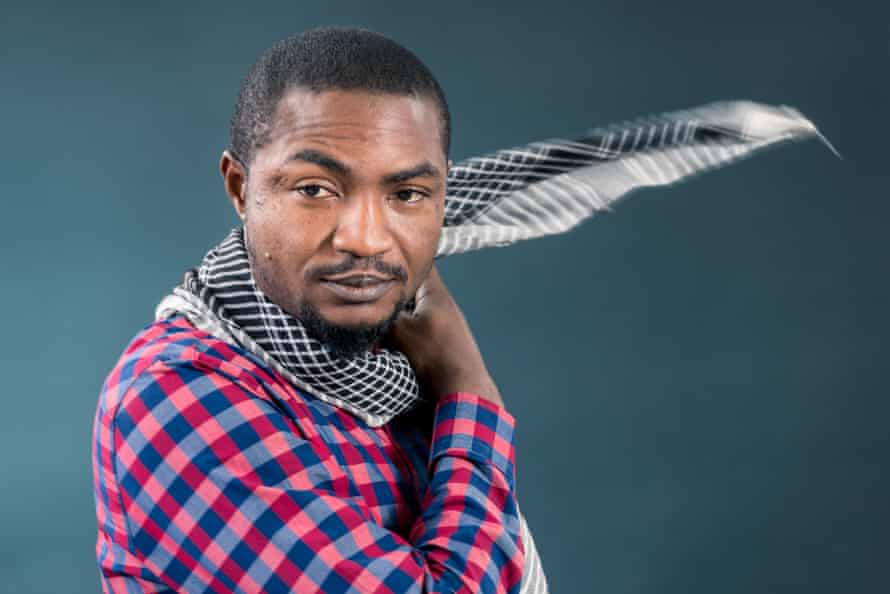
- Abubakar Adam Ibrahim’s essay, One Season, Many Decades, is featured in Of This Our Country: Acclaimed Nigerian writers on the home, identity and culture they know (HarperCollins). His latest book is Dreams and Assorted Nightmares (Masobe Books)
Noo Saro-Wiwa
Travel writer
As a black person, the world judges me based on Nigeria’s state of affairs, and I will never feel at peace with my place in the world until Nigeria fulfils its potential.
I was last there a few months before Covid hit, and I hope to return in 2022. I usually go to Lagos, Abuja and the Niger delta. Apart from Lagos, which is doing relatively well, I don’t see huge amounts of change for ordinary Nigerians, especially in places such as Port Harcourt, my home town.
Last time I was there I met highly skilled government technocrats (who really ought to be running the country), plus hardworking, talented young people. Yet the ambitions of both groups are held back by terrible infrastructure, visionless superiors and a lack of government investment. They are not allowed to shine.
The Ken Saro-Wiwa Foundation Innovation Hub supports tech innovators who are trying to do great things in Port Harcourt. For example, one group is working on designing and operating mini electrical grids for rural communities. But they shouldn’t have to do this. A functioning national grid would unleash so much pent-up entrepreneurship and grassroots civic organisation, which we’re good at.
Nigeria has found a way to exist at crisis level for decades. Somehow our patchwork of 250 ethnic groups has stayed together, glued by a reliance on oil revenues. But that reliance will be our downfall if we don’t act fast to diversify our economy. Sixty years of complacent, rent-seeking governments have shirked this opportunity and maintained dysfunction as an instrument of enrichment. But as the world tries to move away from carbon-based fuel, time is running out for Nigeria: our population is racing above 200 million and land is getting scarce: nomadic herders are clashing violently with farmers; Islamist terrorism has gripped the jobless youth in the north; kidnappings across the country have become a money-making norm.
Social media shows our under-35s how the global north lives, and their patience is wearing thin, as demonstrated by the protests against police brutality in 2020. The youth are getting restless. The country faces a huge population explosion coupled with an economic implosion later this century. But the federal government can avert this by putting its people first and letting them unleash their potential. It’s not too late to start doing things differently.
One very simple indication that it intends to break with the past would be to exonerate my father, Ken Saro-Wiwa, who in 1995 was falsely convicted of treason and judicially murdered as a result of his campaign for human rights and environmental justice in the Niger delta. Clearing his name would be a sign that the Nigerian government is prepared to heal the nation and move it in the right direction. Refusing to take such a simple step does not bode well for the rest of the country. If it can’t honour the memory of a good, dead man, what hope is there for the living?
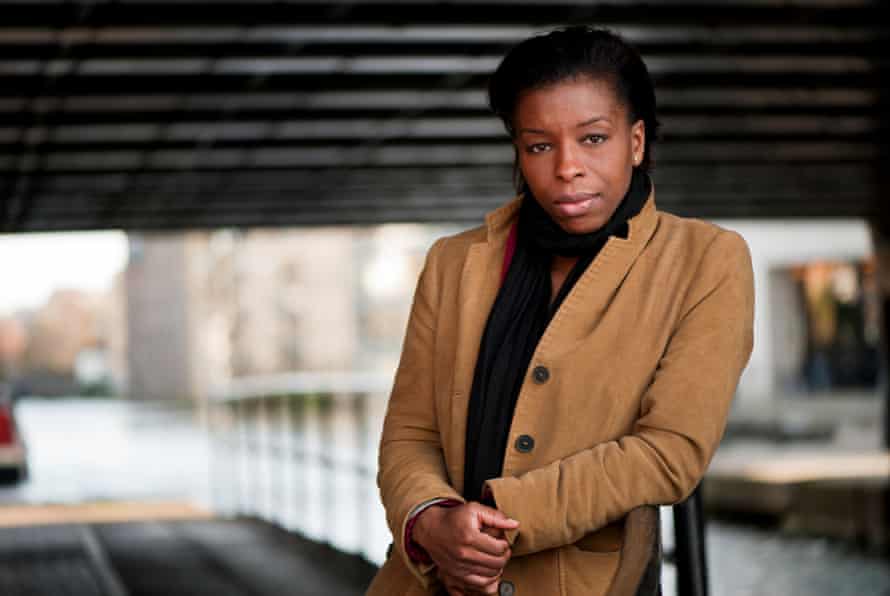
- Noo Saro-Wiwa is the author of Looking for Transwonderland: Travels in Nigeria (Granta)
Chika Unigwe
Author and academic
I was at a salon in Atlanta recently and a Nigerian artist started playing on the radio. My American hairdresser knew the song – as did her colleagues – but they thought the artist was Jamaican. I said no, he’s Nigerian. They said how much they loved his music and wow, Nigerian? They mentioned a few more singers and songs they liked and each time, I was proud to say “Nigerian too.” I may have made a joke about the Nigerian prince but it fell flat.
Internet scams like the “Nigerian prince” emails are no longer what people think of when they hear Nigeria, and the Nigerian arts scene – music, literature and Nollywood – has a lot to do with that. Our musicians are collaborating with stars across the globe, our fiction is being published by mainstream commercial publishers in the west, winning international prizes and no longer read as anthropology, and our movies are streaming on Netflix to an international audience. It’s easy for me to talk about Nigeria with fierce pride abroad and I very often do. I always put Nigerian writers on my courses at Georgia College. I send out recommendations for Nigerian music and films to new friends who have little knowledge of my country. Nigeria is my beloved when I am away from it.
However, when I visit, the fierceness of that pride dissipates into something cold and limp in the face of the reality that is Nigeria today. The last time I was home, I could not leave the house without my father worrying. He wasn’t always this anxious, his phone by his side waiting for me to call to tell him I got to Asaba safely, that I flew into Lagos safely, that I was safe in my hotel room. Thank God. Now I can go to bed. Well-meaning friends offered me the services of drivers and security personnel. Offers I would have scoffed at in the past before abductions became the norm. Almost everyone I know has a kidnapping story. A former classmate was bundled into a car with millions asked for her release. And then there are the now ubiquitous unknown gunmen, the catch-all name for the bandits causing mayhem in the south-east, killing with abandon. So, the fear is not unwarranted.
Last week, on a panel on identity, I was asked where I felt most at home, having lived on three continents. I said Nigeria without even thinking about it. But after I said it, I thought to myself that if home is where one feels safe, if “feeling at home” is synonymous with feeling comfortable, being at peace, then can Nigeria still claim to be home?
Theresa Onuorah’s revived Egedege – thanks to Larry Gaaga, Phyno and Flavour – is playing and making me nostalgic. It was one of the soundtracks of my very happy childhood. I am reminded of the Nigerian saying: monkey no fine but im mama like am (the monkey might be ugly but his mother loves him). Nigeria may be far from perfect but it is mine, and I love it.
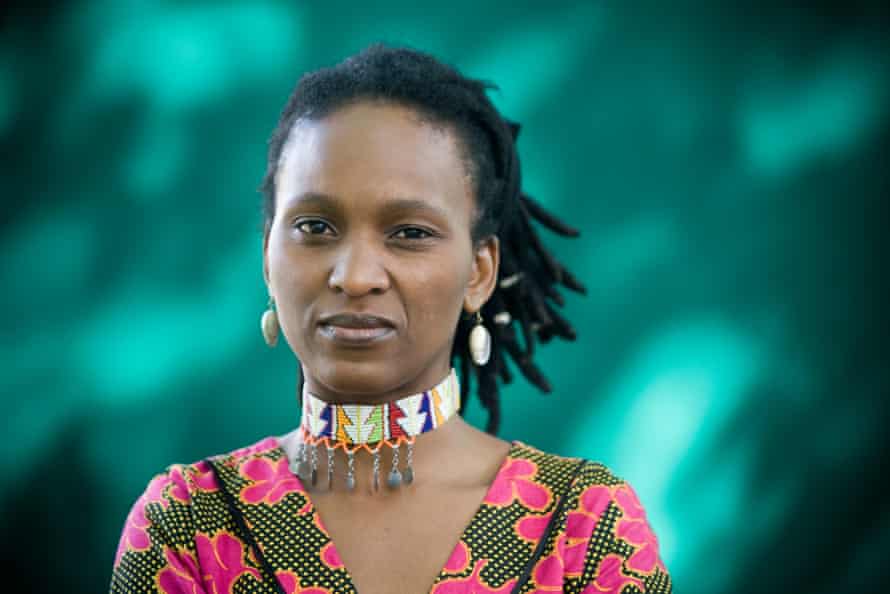
- Chika Unigwe is professor of creative writing at Georgia College, Atlanta. Her latest book is Better Never than Late (Cassava Shorts). She contributed to Of This Our Country: Acclaimed Nigerian writers on the home, identity and culture they know
Wale Lawal
Editor, The Republic magazine
Only one word comes close to describing Nigeria these days and that is “uncertain”. “Ineffable” may come up too in conversations – indeed, there are no words for the atrocities you might have read about in Nigeria in the past year alone: hundreds of schoolchildren kidnapped; military jets bomb anti-terrorism squad “by mistake”; unarmed protesters shot by police and soldiers while singing the national anthem; elected officials trapped in the age of feudal lords, hoarding Covid-19 relief items.
What confounds is not just the absurdity of these failures, but how we are expected to consider them “normal” in the same country where another world leader or billion-dollar startup could emerge as we speak.
Given the size and complexity of Nigeria, our being a “giant” or “too big to fail” depending on whether one sees the glass or its emptiness, “ineffable” may offer the promise of (finally!) defining our situation. But “uncertain” triumphs. Not least because uncertainty is a much older, far more resilient Nigerian condition.
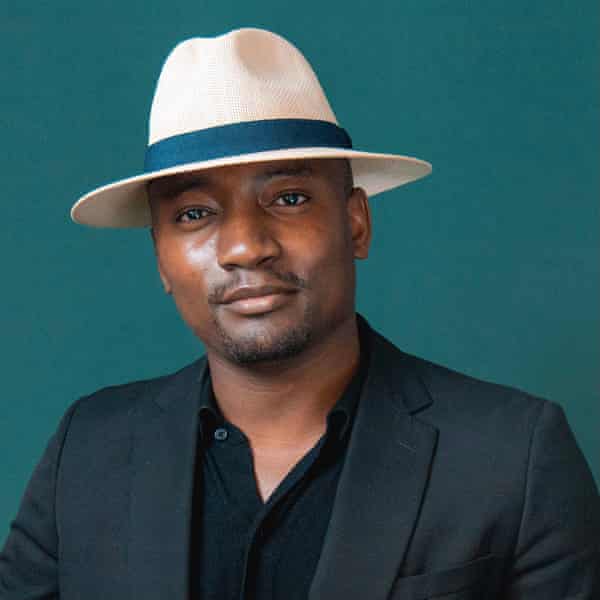
Historically, the question of Nigeria has not been about its size as much as its direction. In the 1960s, we declared our independence to a world that could only wonder what would become of our puzzle of more than 250 ethnic groups.
A civil war and more than half a century later, not much has changed. It was, after all, under a similar atmosphere of intrigue and optimism that the incumbent All Progressives Congress came into power, all while fielding a presidential candidate who had once ruled Nigeria as a military head of state. (Nigerians will do anything for a sense of direction.) A familiar bitterness, the want of foresight that quickly followed our optimism on leaving the British empire, is now what connects us as we trudge through the final bends in the forest of the Muhammadu Buhari administration.
Times are hard and hardening. “It’s like being in the 80s again,” people say: Buhari is president; our exchange rate against the dollar (not GDP) is how we measure our economy and is plummeting; people are emigrating en masse. This time, though, there is no structural adjustment policy or proximity to the colonial era to take the blame.
The problem would appear to be us and the very leadership we choose. But no one dare say it. Not even when we have a ravenous pandemic to contend with, a tragedy that has proved here to be not only biological and socio-economic but also statistical.
After years of our governments overlooking local healthcare and playing politics with our numbers, it is hard to say just how badly we’ve been hit by the virus. It is impossible not to be haunted by the possibility that there are many whose deaths cannot be counted because, despite being “Africa’s largest economy”, we simply do not have the means. Our most reliable sources tell us we have recorded fewer than 3,000 Covid-related deaths. This in a country we claim has a population of more than 200 million. If we are laughing it is because we might cry otherwise.
In Nigeria, each generation eventually makes the same discovery: nobody knows where we’re going. Not our priests, our policymakers, our experts nor their numbers can tell us. It is reckless, but we have made uncertainty the axis of our lives. 2023, the year of our next presidential election, is the current object of our anticipation: “Will the old man go quietly?”, “Will there be another civil war?”, “Will Nigeria still even exist by then?” people ask.
In the past year alone, we’ve seen just how easily decades of progress can be erased. Maybe there’s hope on the other side of 2023, but a lot can still change before then. Who knows?
Umar Turaki
Writer and film-maker
I’ve always been an optimistic person. And it’s easy to find cause for optimism on the streets of Nigeria. In the vibrant artistic culture that continues to propel rising stars of every art form – music, film, fashion, literature, theatre – into the international limelight. In innovators and entrepreneurs finding solutions for everyday problems in tech and finance. In every micro business that is lubricated by sweat and laughter and sustained by muscle and mettle. In the regular Nigerian who is forced to play the role of their own government, day after day, until their cash runs out or until reality catches up. It used to be easy.
But dark clouds have gathered, perhaps the darkest in my lifetime. Many older people say the darkest in the history of the country. And it’s becoming increasingly difficult to be optimistic, to focus on the bright spots. With an unprecedented insurgency that continues to gain ground and is met with bureaucratic corruption and sheer lack of political will. With growing agitation for secession from aggrieved corners of the country. With a silent genocide (that isn’t so silent) unfolding across the land, carried out by mysterious attackers who vanish into thin air but leave behind the evidence of dead bodies and destroyed homes.
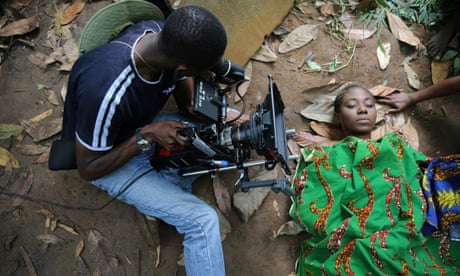
I am afraid of the questions. How long can we continue to get away with doing the same things and expecting different results? Is it possible for the luck of an entire nation to run out? We have been to many brinks and back, can faith and hope bring us back from this one? These unfolding times are a long, endless moment in which I am holding my breath, waiting for something to hit, for something to land, for something to give.
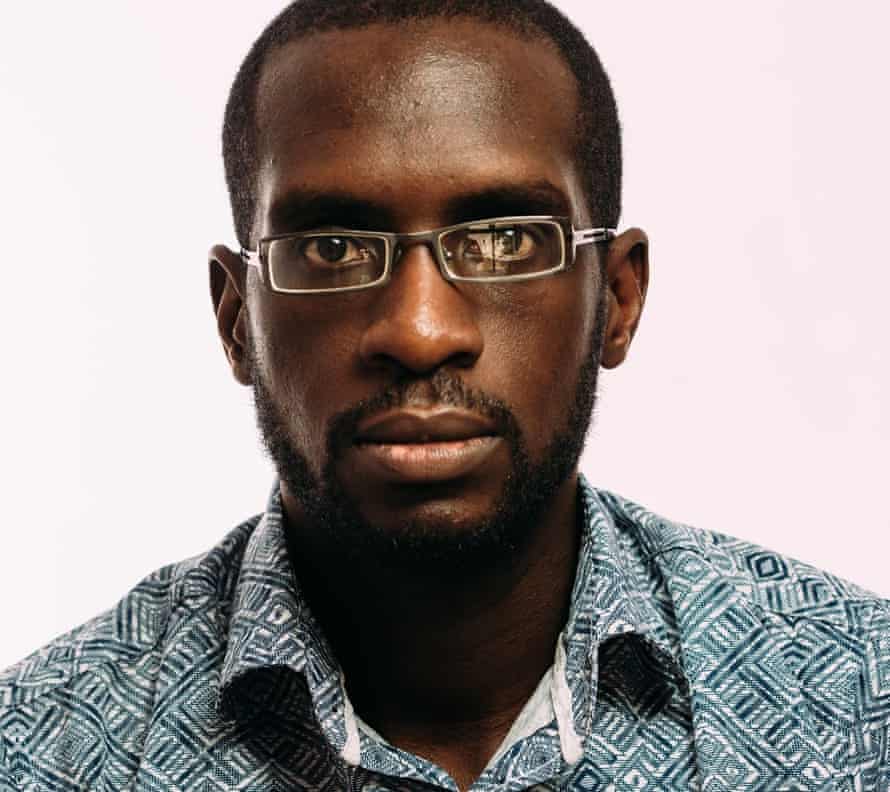
- Umar Turaki’s debut novel, Such A Beautiful Thing to Behold, will be published by Little A in May 2022
… we have a small favour to ask. Millions are turning to the Guardian for open, independent, quality news every day, and readers in 180 countries around the world now support us financially.
We believe everyone deserves access to information that’s grounded in science and truth, and analysis rooted in authority and integrity. That’s why we made a different choice: to keep our reporting open for all readers, regardless of where they live or what they can afford to pay. This means more people can be better informed, united, and inspired to take meaningful action.
In these perilous times, a truth-seeking global news organisation like the Guardian is essential. We have no shareholders or billionaire owner, meaning our journalism is free from commercial and political influence – this makes us different. When it’s never been more important, our independence allows us to fearlessly investigate, challenge and expose those in power.


